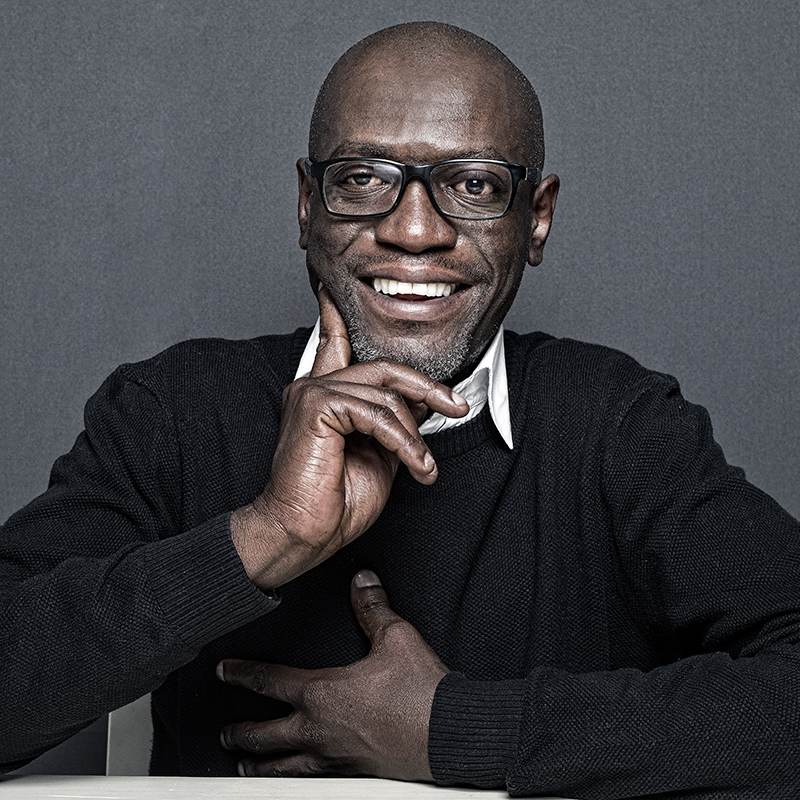Germany commits to invest 4 billion euros in Africa’s green energy
Germany has promised to invest 4 billion euros in green energy in Africa by 2030.
Chancellor Olaf Scholz made the announcement this week during a press conference in Berlin as part of the G20 Compact with Africa.
During the conference, Scholz met with African presidents and heads of international organisations, including Dr. Akinwumi Adesina, President of the African Development Bank Group.
Germany launched the Compact with Africa in 2017 during its G20 presidency to strengthen opportunities for long-term private sector investment and infrastructure investment in Africa.
Benin, Burkina Faso, Côte d'Ivoire, the Democratic Republic of the Congo, Egypt, Ethiopia, Ghana, Guinea, Morocco, Rwanda, Senegal, Togo, and Tunisia are among the 13 African countries that have joined the project.
Scholz described the African presidents' meeting as "the starting signal for stronger, more reliable cooperation between Africa and Europe to realise climate-friendly energy supply based on green hydrogen."
"Produce green hydrogen, and you can rely on us as buyers," Scholz told African leaders during the Compact with Africa Conference.
Chancellor Scholz described Africa as "our preferred partner," saying African countries should benefit more from their riches of natural resources, and that the initial step of processing should take place locally, producing jobs and income.
Dr. Akinwumi Adesina, President of the African Development Bank Group, argued for deeper cooperation and investment in Africa, the world's fastest-growing continent, during the Compact with Africa conference.
"I commend Chancellor Olaf Scholz for convening the Compact with Africa Conference," stated Akinwumi Adesina.
He said the African Development Bank remains completely committed to the success of this programme, particularly given its emphasis on fostering African private sector development.
The Bank President stated that addressing climate change, Africa's infrastructural gap, and unlocking industrial manufacturing potential necessitates large-scale private sector funding.
He outlined several actions multilateral institutions must take to achieve this goal.
"First, we must develop bankable projects and make them available to private investors.
"Second, private sector development strategies must be aligned with the net-zero emission objective, with green investments prioritised.
"Third, we must reduce global risks and pool resources to optimise investment strategies, including through platforms such as the Africa Investment Forum.
“This is a five-year-old initiative launched by the African Development Bank and seven partner groups. It brings together project promoters, corporate and governmental financiers, and project developers to accelerate investments in transformative projects throughout Africa."
"I look forward to strengthening our strategic partnership with Germany in our drive to achieve faster economic growth and prosperity for Africa."
